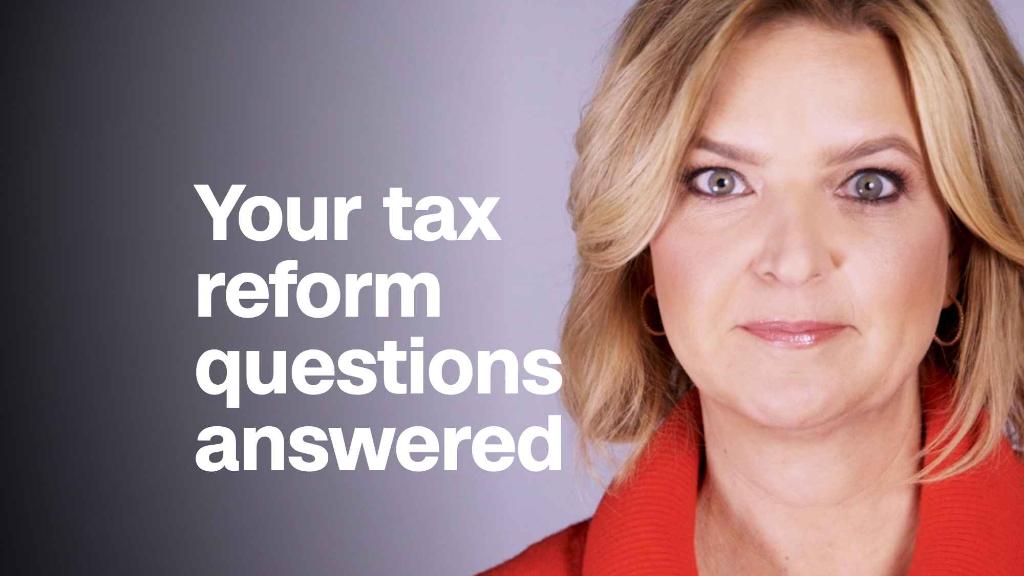
You have about a month left to file your 2017 taxes.
Remember, most of the provisions of the new federal tax law don't apply yet. They will affect your 2018 taxes, which you'll file next year.
It's the old tax code that governs the deductions, credits and other measures you can use to save money on your 2017 tax return due in April.
Here's what you need to know to make sure you get the biggest refund you can.
TAXES 101
Don't know the difference between a 1040 and a 1099? Don't sweat it. CNNMoney has a cheat sheet for you.
The 1040 is your individual income tax return form: It's where you report all your income as well as claim any deductions and credits. It's lovingly referred to as "the long form."
But you may need file a 1099, in addition to the 1040, if you are self employed or made some money on Wall Street last year.
If you're not familiar with other basic tax terms -— like deductions, credits or capital gains — see our tax guide.
WAYS TO CUT YOUR TAX BILL
You might not be aware of all the deductions and credits you can use to lower your tax bill.
For example, if you had to move a long distance for work last year, you're allowed to deduct any moving-related expenses that weren't reimbursed by your employer or if you're self-employed. And if you drive for work, you may deduct a portion of the miles you log, as long as you meet certain criteria and itemize your deductions.
Here are 11 deductions and other tax-trimming measures you shouldn't overlook.
HOW TO AVOID AN AUDIT
Statistically speaking, your chances of getting audited are pretty low, as less than 1% of all returns land on the IRS's list each year.
That being said, you still want to make sure you're not unknowingly raising your chances of being subjected to an audit.
Filing on paper, rather than electronically, could be something that may draw extra scrutiny from the IRS. Here are a few more things to avoid.
IF YOU SKIPPED FILING YOUR 2014 TAXES...
The IRS estimates about 1 million people didn't file their 2014 returns and that collectively the group is owed $1.1 billion in back refunds. The estimated median refund is just shy of $850.
If this is you, there is still time to claim that refund — but it's your last chance. If you don't file your 2014 return by April 17 this year, the US Treasury gets to keep any money you're owed.
Texas, California, Florida and New York are the states with the greatest number of people who didn't file their federal returns in 2014.
